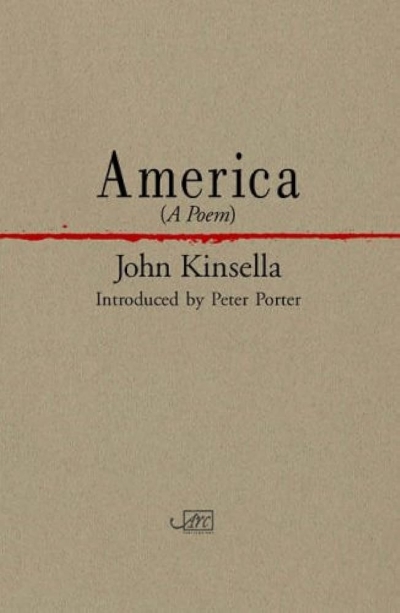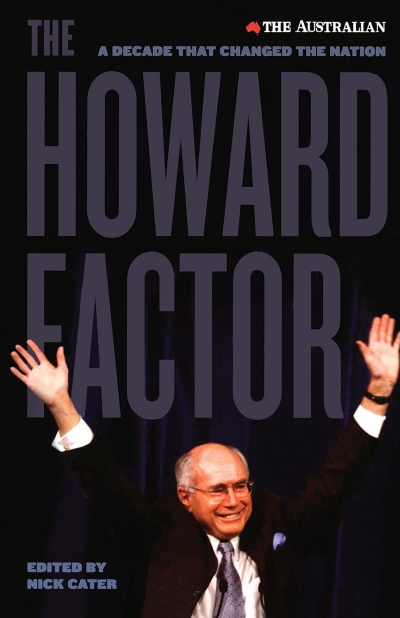Review
The Difficulties of My Position: The diaries of prison governor John Buckley Castieau 1855–1884 by Mark Finnane
by Laurie Hergenhan •
Humanities Research Centre: The history of the first 30 years of the HRC at the Australian National University by Glen St John Barclay and Caroline Turner
by Jay Daniel Thompson •
At the Typeface: Selections from the newsletter of the Victorian society of editors by Janet Mackenzie
by Aviva Tuffield •
The Divided Self: Israel and the Jewish psyche today by David J. Goldberg
by Geoffrey Levey •
The Flower, The Thing by M.T.C. Cronin & The Last Tourist by Jane Williams
by Rose Lucas •
The Howard Factor edited by Nick Carter & The Longest Decade by George Megalogenis
by Neal Blewett •










